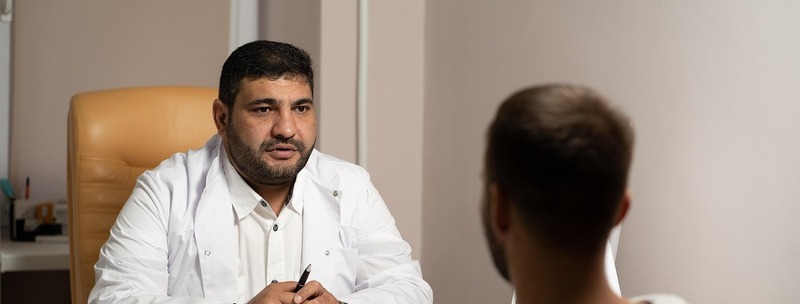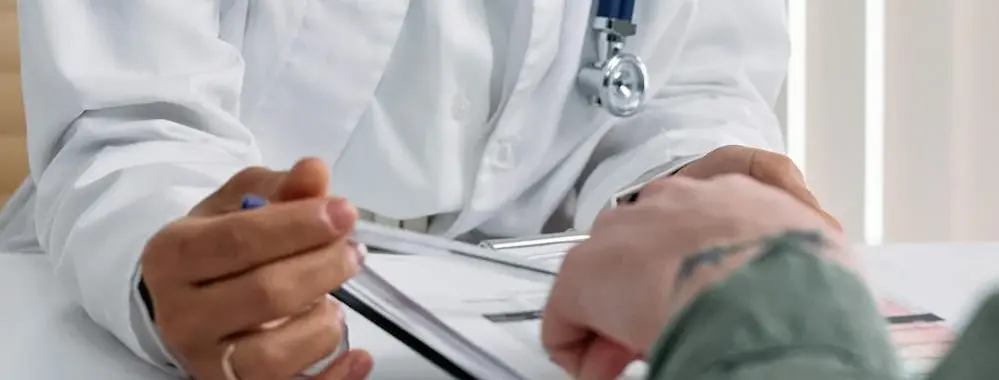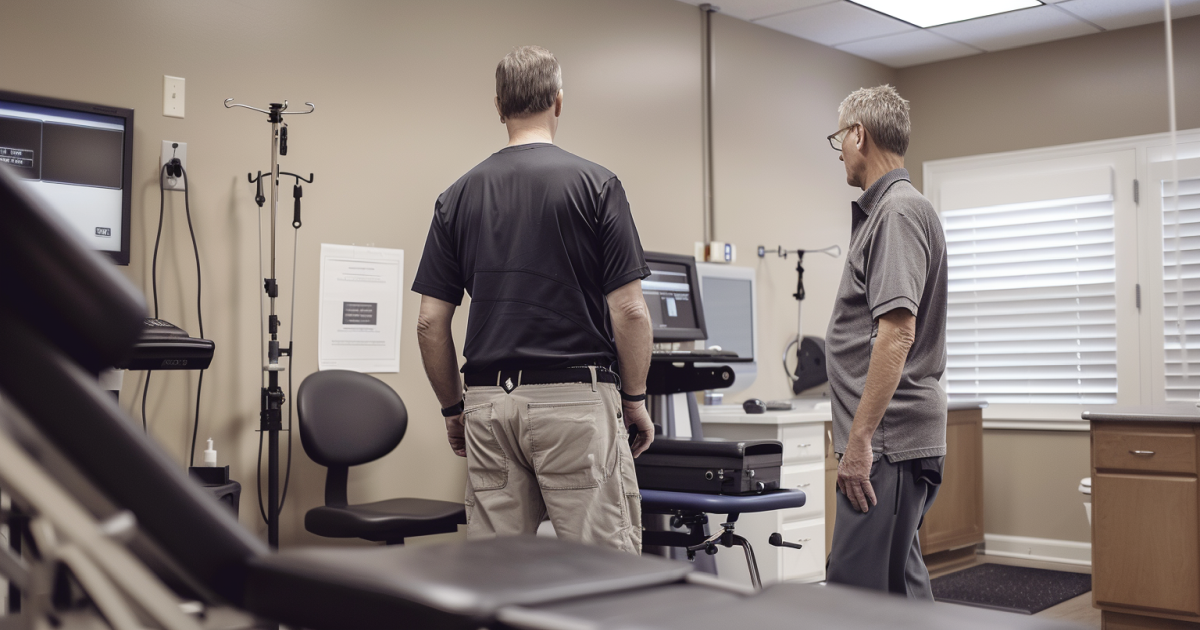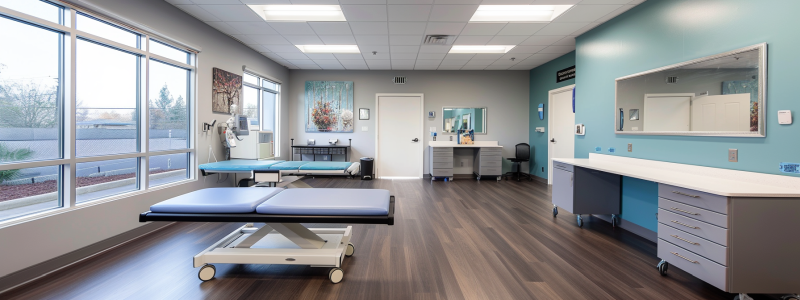Making the decision to seek treatment for substance use is a critical step toward recovery. How do residential and outpatient rehab programs compare? Choosing the right type of rehab program can significantly impact an individual’s success in overcoming addiction.
Each option provides unique advantages, offering different levels of structure, supervision, and support.
At Colorado Medication Assisted Recovery (CMAR), we provide comprehensive outpatient treatment services designed to help individuals reclaim control of their lives while maintaining flexibility. In this guide, we’ll compare residential and outpatient rehab programs, discussing their key differences, benefits, and which option may be the best fit for you.

What is Residential Rehab?
Residential rehab requires individuals to live at a treatment facility for the duration of their program.
This immersive approach provides round-the-clock supervision, structured therapy sessions, and a controlled environment that minimizes exposure to triggers.
Key Features of Residential Rehab:
- 24/7 medical and emotional support
- Structured daily schedule, including therapy, counseling, and wellness activities
- Medical detox for those experiencing severe withdrawal symptoms
- Limited outside distractions to focus solely on recovery
- Peer support and community among individuals on similar journeys
Who is Residential Rehab Best For?
Residential rehab is ideal for individuals who:
- Have severe substance use disorders or require medically supervised detox
- Need a structured and highly supportive environment
- Have a history of relapse and require intensive care
- Do not have a stable or supportive home environment
Pros and Cons of Residential Rehab
| Pros | Cons |
|---|---|
| 24/7 medical and emotional support | Higher cost due to full-time care |
| Structured environment free from distractions | Requires time away from work, school, and family |
| Immediate access to professional counseling | Limited real-world application during treatment |
| Provides a strong sense of community and peer support | Can feel restrictive for some individuals |
What is Outpatient Rehab?
Outpatient rehab allows individuals to live at home while attending treatment sessions at scheduled times throughout the week.
This program provides flexibility for those who have responsibilities such as work, school, or family obligations while still receiving professional care.
At CMAR, we specialize in medication-assisted treatment (MAT) and behavioral therapies, offering outpatient programs that deliver the same high-quality care as inpatient rehab but with greater flexibility.

Key Features of Outpatient Rehab:
- Flexible scheduling for therapy and counseling sessions
- No overnight stay required, allowing individuals to maintain daily routines
- Medication-Assisted Treatment (MAT) available for opioid and alcohol use disorders
- Individual and group therapy sessions tailored to each person’s needs
- Ongoing support while transitioning back into everyday life
Who is Outpatient Rehab Best For?
Outpatient rehab is a great fit for individuals who:
- Have mild to moderate substance use disorders
- Have a strong support system at home
- Need flexibility to continue work, school, or family commitments
- Have completed a residential program and need ongoing support
Pros and Cons of Outpatient Rehab
| Pros | Cons |
| Allows individuals to maintain work, school, and family commitments | Less supervision and structure |
| More cost-effective than inpatient treatment | Potential exposure to triggers in daily life |
| Provides real-world application of coping skills | Requires strong personal motivation and discipline |
| Accessible to those with stable living situations | May not be suitable for severe addiction cases |
Side-by-Side Comparison of Residential and Outpatient Rehab
| Feature | Residential Rehab | Outpatient Rehab |
| Living Arrangements | Live at the treatment facility | Live at home while attending treatment |
| Level of Care | 24/7 supervision and support | Scheduled treatment sessions, no overnight stay |
| Treatment Intensity | Highly structured with full-time therapy | Flexible, part-time sessions |
| Cost | More expensive due to accommodation and full-time care | More affordable due to lower overhead costs |
| Best for | Severe addiction, those needing detox, relapse prevention | Mild to moderate addiction, those with strong support systems |
| Flexibility | Requires time away from work and family | Allows continuation of daily responsibilities |
| Supervision | Constant medical and emotional supervision | Less supervision, requiring strong self-discipline |
Why Choose CMAR for Outpatient Rehab?
At Colorado Medication Assisted Recovery (CMAR), we provide evidence-based outpatient treatment for individuals struggling with substance use disorders.
Our programs offer the structured support of inpatient rehab with the flexibility of outpatient care, making it easier for individuals to maintain their daily responsibilities while receiving top-tier treatment.
What Sets CMAR Apart?
✔ Medication-Assisted Treatment (MAT): We offer FDA-approved medications to support recovery from opioid and alcohol use disorders.
✔ Comprehensive Therapy Options: Including individual counseling, group therapy, and family therapy to address the psychological aspects of addiction.
✔ Flexible Scheduling: Our programs are designed to fit your life, making treatment accessible without disrupting work or family commitments.
✔ Ongoing Support and Relapse Prevention: We provide continued care, helping individuals transition smoothly from treatment to independent living.

Which Rehab Program is Right for You?
The choice between residential and outpatient rehab depends on several factors, including the severity of addiction, home environment, and personal responsibilities.
Here are some questions to consider:
- Do you need 24/7 supervision and medical care? → Residential Rehab
- Do you need flexibility to continue work or school? → Outpatient Rehab
- Do you have a strong support system at home? → Outpatient Rehab
- Do you struggle with frequent relapse? → Residential Rehab
- Are you seeking a more affordable treatment option? → Outpatient Rehab
At CMAR, we understand that every individual’s recovery journey is unique. Our team of experts is here to guide you toward the most effective treatment plan that aligns with your needs.
Start Your Recovery Journey with CMAR Today
Choosing the right rehab program is a critical step toward lasting recovery. How do residential and outpatient rehab programs compare? Understanding the differences can help you make an informed decision that best supports your journey to sobriety.
Whether you’re considering outpatient treatment at CMAR or need assistance determining the best path forward, we’re here to help.
Contact CMAR today to learn more about our outpatient rehab programs and how we can support your recovery.



















































